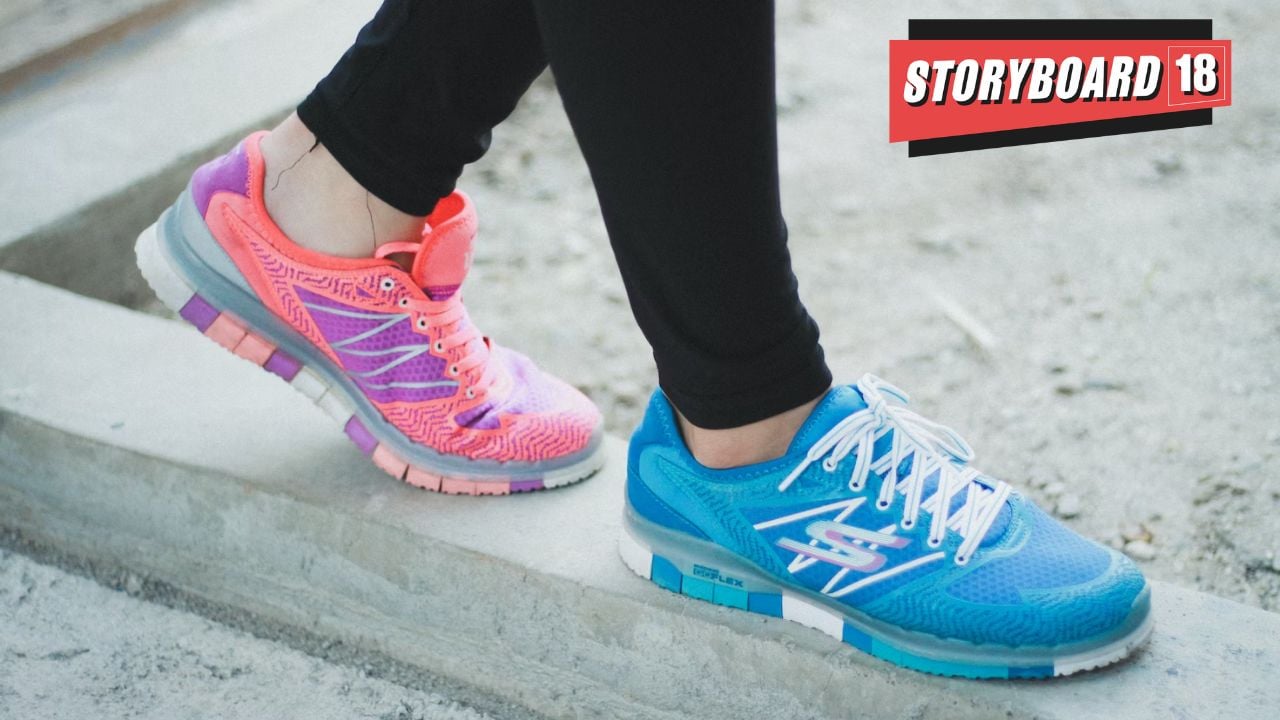The Bombay High Court has granted ex parte ad interim relief to international footwear brand Sketchers in a case involving alleged trademark infringement. The court’s ruling comes amid claims that certain defendants were distributing counterfeit goods bearing the ‘SKECHERS’ trademark and artistic designs, which could damage the brand’s reputation and goodwill.
The court emphasized that the defendants’ actions constituted dishonest adoption of the plaintiffs’ trademarks and artistic works. This ruling was issued in response to an interim application filed by Skechers, which sought immediate relief fearing that prior notice to the defendants would result in the disposal of counterfeit products.
The plaintiffs in the case include Skechers USA, Inc. and its Indian distribution partner, which holds the trademark rights for ‘SKECHERS’. The legal team, represented by Advocate Hiren Kamod, presented evidence from an investigation that uncovered imitation products being sold at the defendants’ locations.
Also Read: Bajaj Auto’s festive cheer dampened! Two-wheeler sales down, exports rise in October
Justice RI Chagla acknowledged the significant reputation and goodwill that Skechers has built over the years, stating that the plaintiffs would suffer irreparable harm if the counterfeiting continued unchecked. The court noted that the order would not prevent the defendants from selling legitimate goods sourced from authorized distributors but would apply to all counterfeit items and materials bearing the plaintiffs’ trademarks that were not approved by them.
The court has scheduled a follow-up hearing to address the matter further. This case highlights ongoing challenges in protecting intellectual property rights in an era of increasing counterfeit goods and underscores the judiciary’s role in safeguarding brand integrity.
